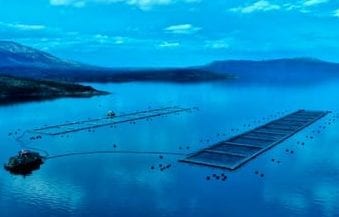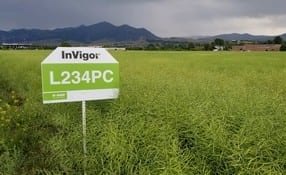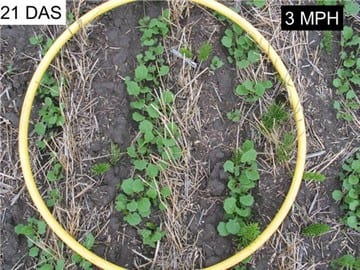Meet the Industry Member: Montana Renewables February 23, 2023
Modernized tradition
Montana Renewables LLC (MRL), a separately reported division of ![]() Calumet Specialty Products, is both something old and something new. MRL is part of the 21st century carbon reduction energy transformation, but is also part of the century-old Great Falls Refinery, which started operating in 1922.
Calumet Specialty Products, is both something old and something new. MRL is part of the 21st century carbon reduction energy transformation, but is also part of the century-old Great Falls Refinery, which started operating in 1922.
Renewable fuel for the future
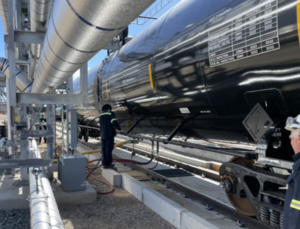 MRL started production of renewable diesel fuel in November 2022, following a successful 18-month conversion project that allowed existing equipment to be converted from fossil fuel
MRL started production of renewable diesel fuel in November 2022, following a successful 18-month conversion project that allowed existing equipment to be converted from fossil fuel
production to renewable diesel and sustainable aviation fuel production. The facility is currently running about half capacity while waiting for construction to wrap-up on the remaining parts of the project, which include a “patent applied for” renewable hydrogen unit, and the first commercial application of a new renewable feedstock pretreatment technology. Once fully commissioning and on-line in April 2023, MRL expects to produce over 175 million gallons per year of renewable diesel (RD) and will be the largest producer of sustainable aviation fuel (SAF) in the U.S., with the ability to process virtually any kind of renewable feedstock.
Keeping it Local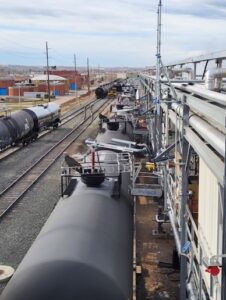 To support start-up of the plant, MRL started bringing in railcars of renewable feedstocks in July 2022, including beef tallow, soybean oil and now canola oil, following approval by EPA for renewable fuel production at the end of 2022. The location in Great Falls is ideal for accessing a wide variety of feedstocks, and for shipping to markets in California, Oregon, Washington, British Columbia and soon all of Canada. We have created a large, ratable feedstock demand and now we are excited to work with the farming and seed processing industries to help identify ways to increase local production of canola and other oilseed crops like camelina in Montana and the entire PNW Region.
To support start-up of the plant, MRL started bringing in railcars of renewable feedstocks in July 2022, including beef tallow, soybean oil and now canola oil, following approval by EPA for renewable fuel production at the end of 2022. The location in Great Falls is ideal for accessing a wide variety of feedstocks, and for shipping to markets in California, Oregon, Washington, British Columbia and soon all of Canada. We have created a large, ratable feedstock demand and now we are excited to work with the farming and seed processing industries to help identify ways to increase local production of canola and other oilseed crops like camelina in Montana and the entire PNW Region.
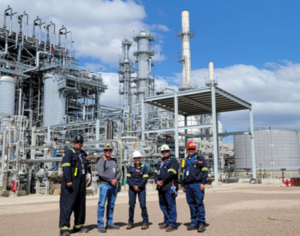 Visit our website at https://montana-renewables.com/ for more details about our facility and our commitment to Montana’s energy transition.
Visit our website at https://montana-renewables.com/ for more details about our facility and our commitment to Montana’s energy transition.






